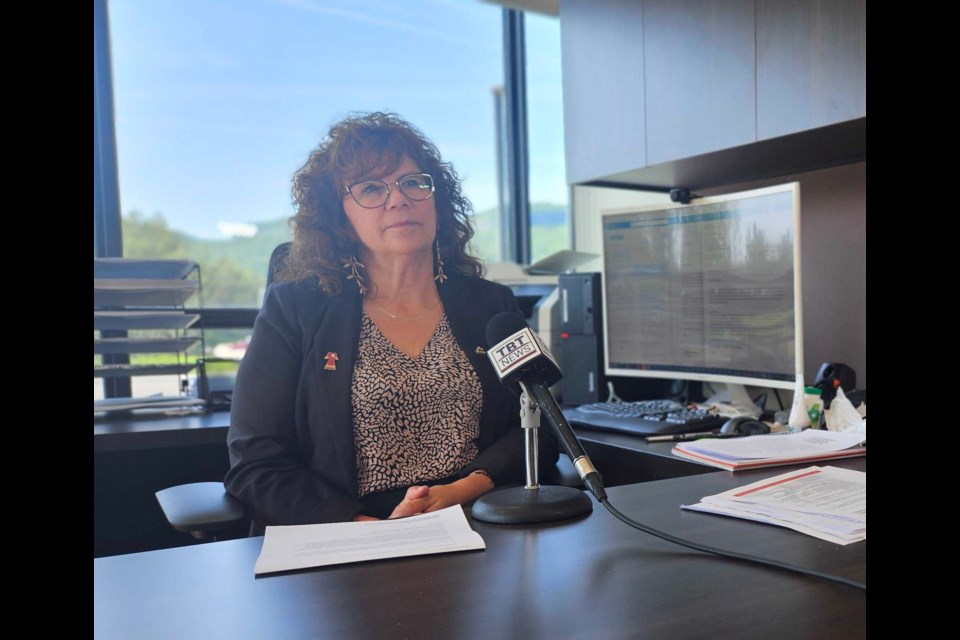FORT WILLIAM FIRST NATION — Fort William First Nation Chief Michele Solomon is satisfied with the decision made by the Supreme Court of Canada to uphold a previous decision that the Ontario and Canadian governments must negotiate updated terms with Anishinaabe First Nations in relation to the Robinson-Superior Treaty of 1850.
While the ruling itself doesn't award any settlement to the Huron or Superior Anishinaabe First Nations, it does outline that both provincial and federal governments will have to come to settlement agreements that would increase the previously negotiated resource extraction revenues that were initially established and have gone unchanged in close to 150 years.
Those original values were locked in at $4 a year per person on each represented First Nation, a value that has gone unchanged since 1875.
"This is really positive, this is really something to be celebrated," Solomon said.
"It really reinforces the decision that was previously made by Justice Hennessy, and of course, it reinforces for the people of the Robinson-Superior and Robinson-Huron that the Crown did have an obligation to augment the annuity amounts.
"It reinforces the need for them to be accountable."
Last June, the Hurons reached a settlement agreement with both levels of government for $10 billion, while the Superior Anishinaabe did not work out a settlement and instead are asking the federal and provincial governments for a combined amount of $126 billion.
While a dollar figure has yet to be determined for the Superior Anishinaabe, Solomon agreed that the money could significantly impact her community.
"When you're talking about communities that have really been economically marginalized and socially marginalized, and forced to live in these very small parcels of land that is not always the best land for living on — it can mean new homes, it can mean new opportunities; it can change the course of a person's life.
"It's certainly promising."
Solomon confirmed that when the time comes to start discussing settlement amounts, her community will have a seat at the table.
"I will work with the leadership at my own table, the council, and have some bottom lines on where we're at," she said.
"That conversation will go back and forth with us in terms of how I should support or not support [a settlement]."
Katie Nicholls is a Local Journalism Initiative Reporter with Newswatch
